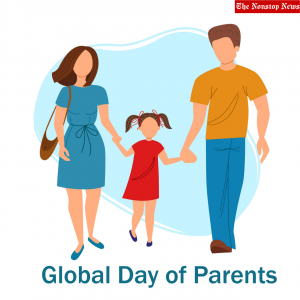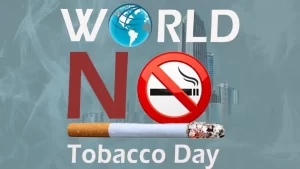 Appreciate All Parents Throughout the World
Appreciate All Parents Throughout the World
Since the 1980s, the important role of the family has increasingly come to the attention of the international community. The General Assembly adopted a number of resolutions and proclaimed the International Year of the Family and the International Day of Families.
Emphasizing the critical role of parents in the rearing of children, the Global Day of Parents recognizes that the family has the primary responsibility for the nurturing and protection of children. For the full and harmonious development of their personality, children should grow up in a family environment and in an atmosphere of happiness, love and understanding.
Designated by the General Assembly in 2012, Global Day of Parents provides an opportunity to appreciate all parents for their « selfless commitment to children and their lifelong sacrifice towards nurturing this relationship. »
Greater support needed for working parents as COVID-19 takes hold
Families bear the brunt of the COVID-19 pandemic. As the anchors of the family and the foundation of our communities and societies, parents have the responsibility of sheltering their families from harm, caring for out-of-school children and, at the same time, continuing their work responsibilities. Without support from parents, children’s health, education and emotional well-being is at risk. By introducing family-friendly workplace policies and practices, companies and organizations will be in a better position to promote children’s safety and wellbeing and provide systematic support to employees.
As the COVID-19 pandemic continues its exponential growth, a technical note from UNICEF, ILO and UN Women on family-friendly policies and other good workplace practices in the context of COVID-19 shows that it is essential to support working families to minimize negative consequences for children.

 WORLD Parrot Day, which falls on May 31, highlights the threat to the bird species.
WORLD Parrot Day, which falls on May 31, highlights the threat to the bird species.
 World Multiple Sclerosis Day, falling on May 30, invites dialogue on the disease. Multiple Sclerosis (MS) is a chronic progressive disease where the insulating covers of the nervous system are damaged. MS is also known as encephalomyelitis disseminata, and its symptoms include muscle weakness, double vision, and mental/physical problems. Due to the lack of research studies on the disease, the exact causes behind it are generally unknown. Many scientists believe that there might be a connection between the onset of the disease and genes and/or nerve-cell dysfunction. Furthermore, there is no permanent cure as of yet. The symptoms can be relieved using the right set of treatments and medication.
World Multiple Sclerosis Day, falling on May 30, invites dialogue on the disease. Multiple Sclerosis (MS) is a chronic progressive disease where the insulating covers of the nervous system are damaged. MS is also known as encephalomyelitis disseminata, and its symptoms include muscle weakness, double vision, and mental/physical problems. Due to the lack of research studies on the disease, the exact causes behind it are generally unknown. Many scientists believe that there might be a connection between the onset of the disease and genes and/or nerve-cell dysfunction. Furthermore, there is no permanent cure as of yet. The symptoms can be relieved using the right set of treatments and medication. 2022 Theme: People. Peace. Progress. The Power of Partnerships
2022 Theme: People. Peace. Progress. The Power of Partnerships Instituted at the initiative of the Catholic Church, at the end of Vatican Council II, the day of social communications manifested at the time the awareness of the social issues (moral and spiritual) that represented the means of communication of the mass.
Instituted at the initiative of the Catholic Church, at the end of Vatican Council II, the day of social communications manifested at the time the awareness of the social issues (moral and spiritual) that represented the means of communication of the mass.
 It is recorded in the gospel text of today (John 17:20:26).
It is recorded in the gospel text of today (John 17:20:26). Today’s feast is somehow mysterious…
Today’s feast is somehow mysterious… Africa Day (formerly African Freedom Day and African Liberation Day) is the
Africa Day (formerly African Freedom Day and African Liberation Day) is the